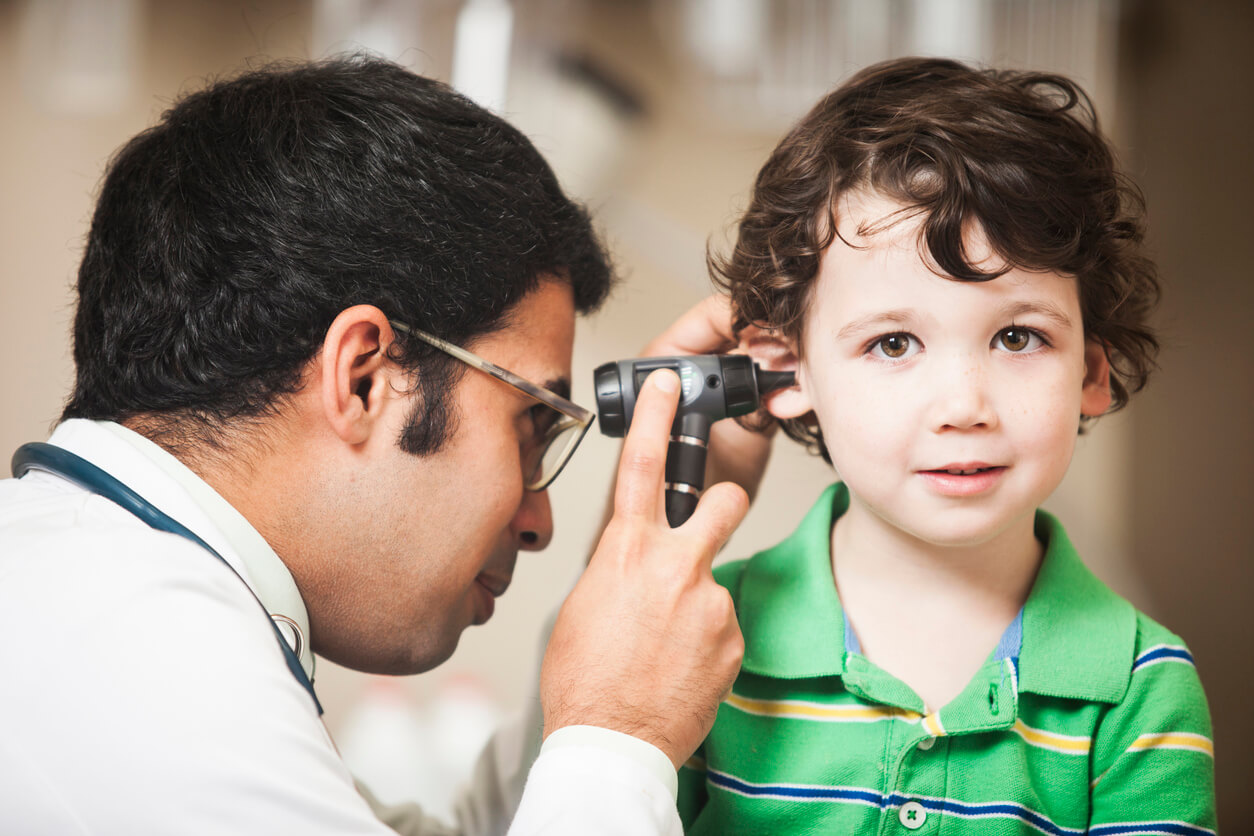-
Polycystic ovarian syndrome (PCOS) is a condition that affects up to 1 in 5 Australian women, yet up to 70% with the condition remain undiagnosed. It’s also a condition that puts women at higher risk of developing serious chronic health issues such as diabetes, heart disease and high cholesterol.
So what is PCOS? And how do you know if you could be at risk? Read on to find out more.
What is polycystic ovarian syndrome?
PCOS is a hormonal condition that affects 12-18% of women of reproductive age, roughly between the ages of 12 - 45. High risk groups such as Indigenous women are more likely to be affected, with up to 21% potentially at risk.
PCOS causes the ovaries to produce higher than normal levels of male hormones, which can affect a woman’s menstrual cycle, fertility and appearance. Women with PCOS may also often have enlarged ovaries with cysts. While the cause of PCOS is not properly understood, there does appear to be a relationship between PCOS and family history, weight, insulin resistance and poor diet.
What are the symptoms?
PCOS is an extremely complex condition that has both visible and ‘silent’ symptoms. Silent symptoms may include:
- Mood changes
- Depression
- Anxiety
- Sleep apnea
- Insulin resistance
- Problems with conceiving or infertility.
Not every woman will have the same symptoms and she may have a mix of both physical and invisible symptoms or one or the other. Visible symptoms may include:
1. Excess facial hair
What is polycystic ovarian syndrome?

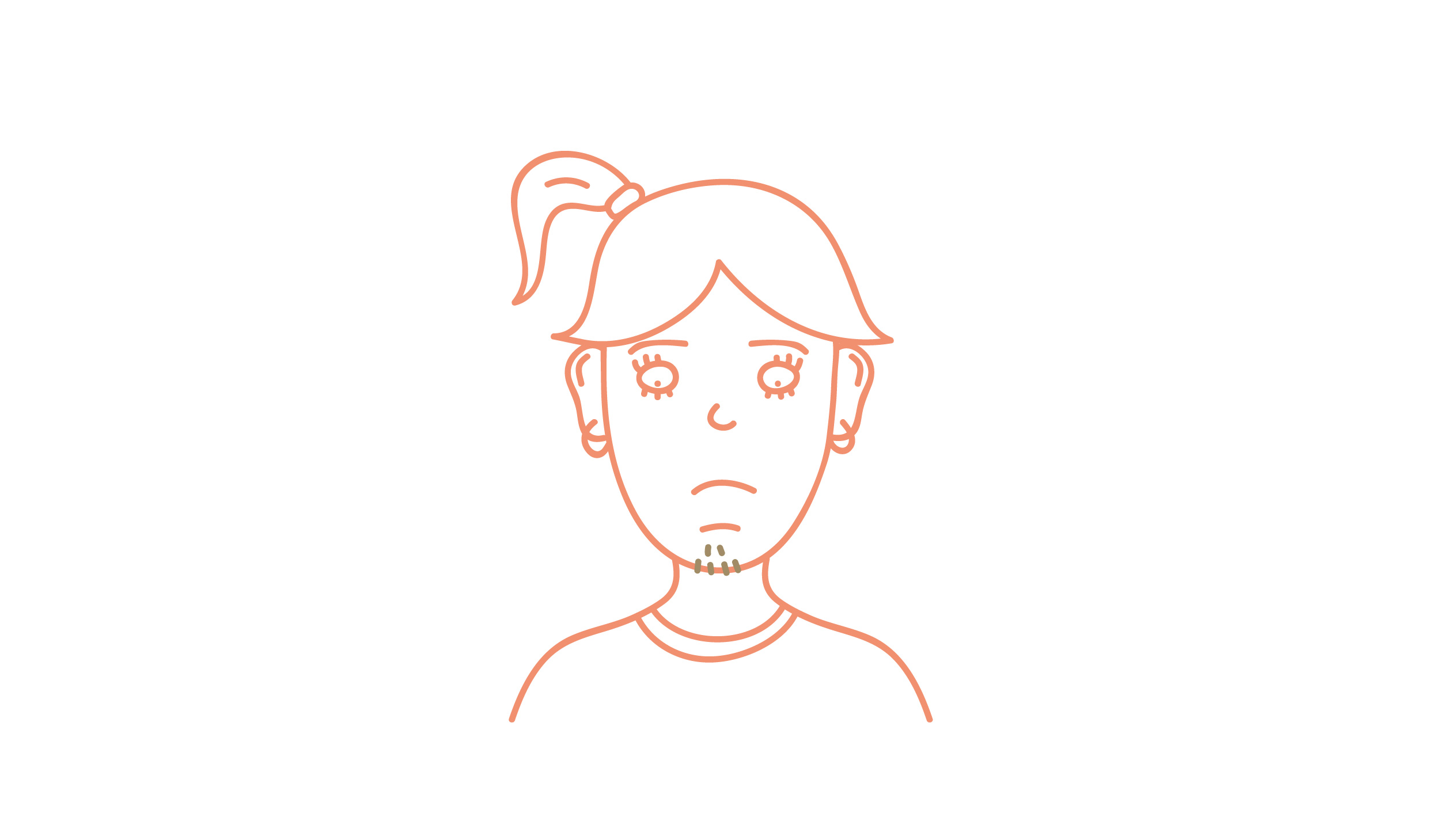
-
2. Acne
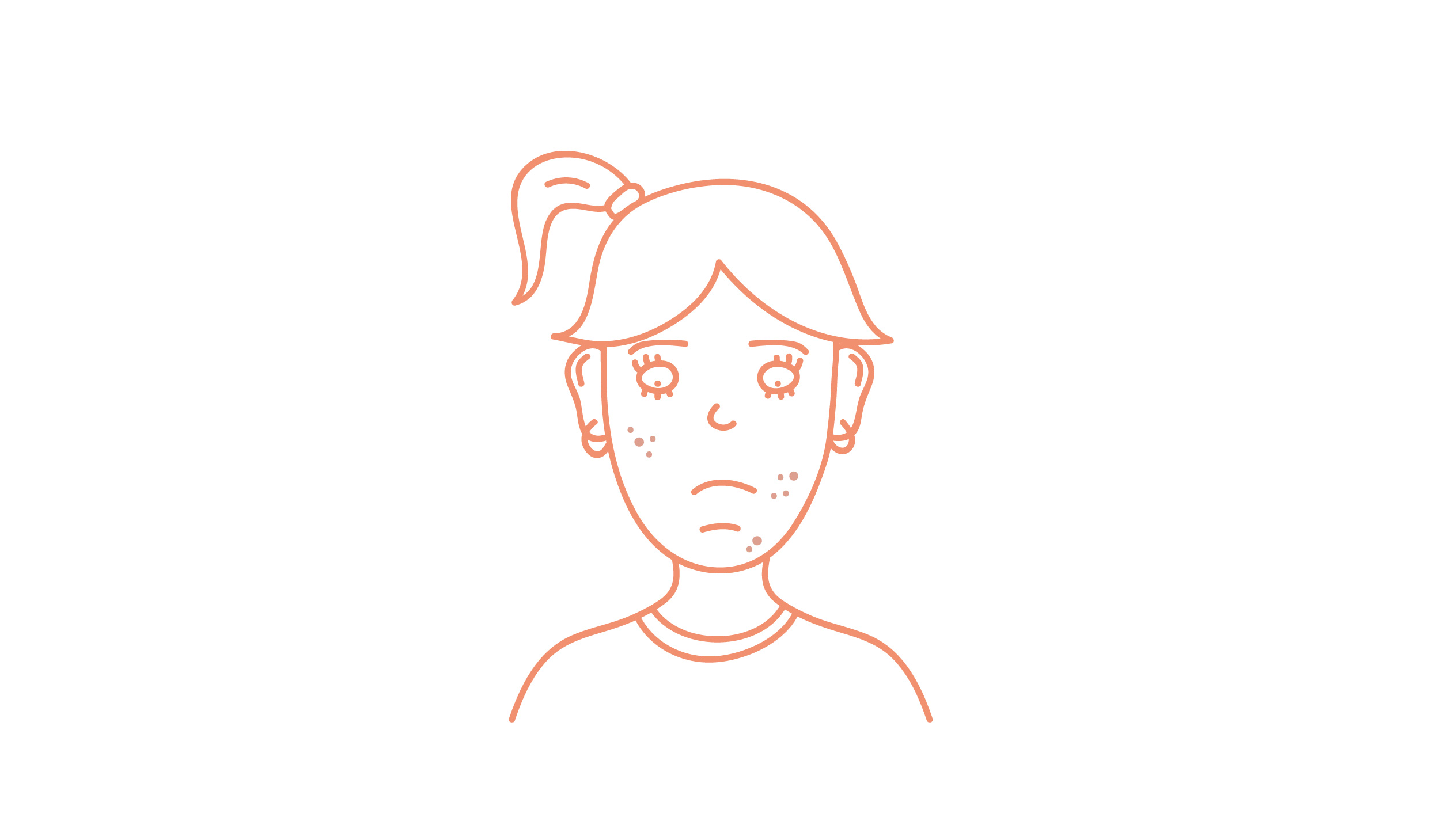
-
3. Scalp hair loss
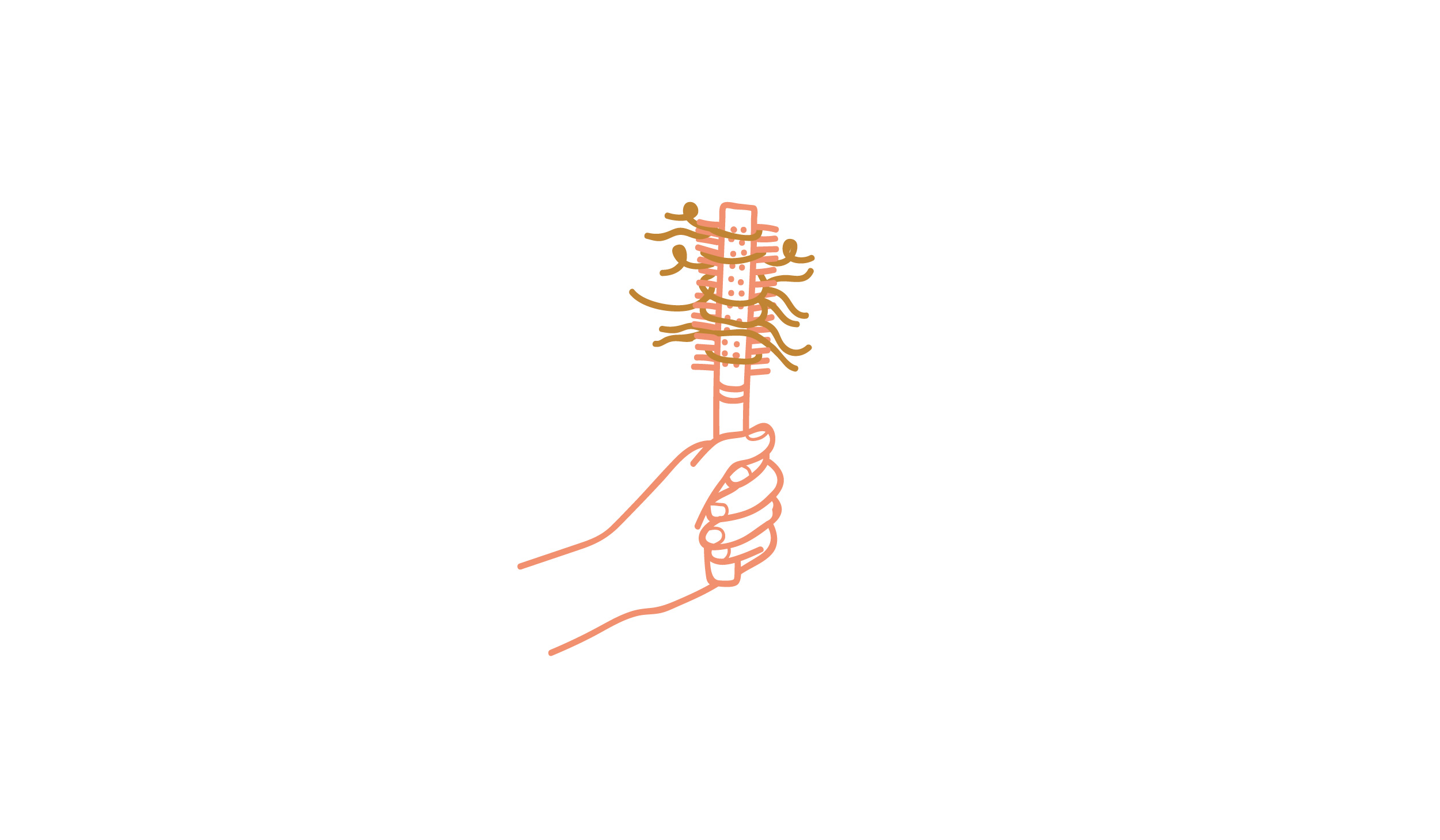
-
4. Darker skin patches
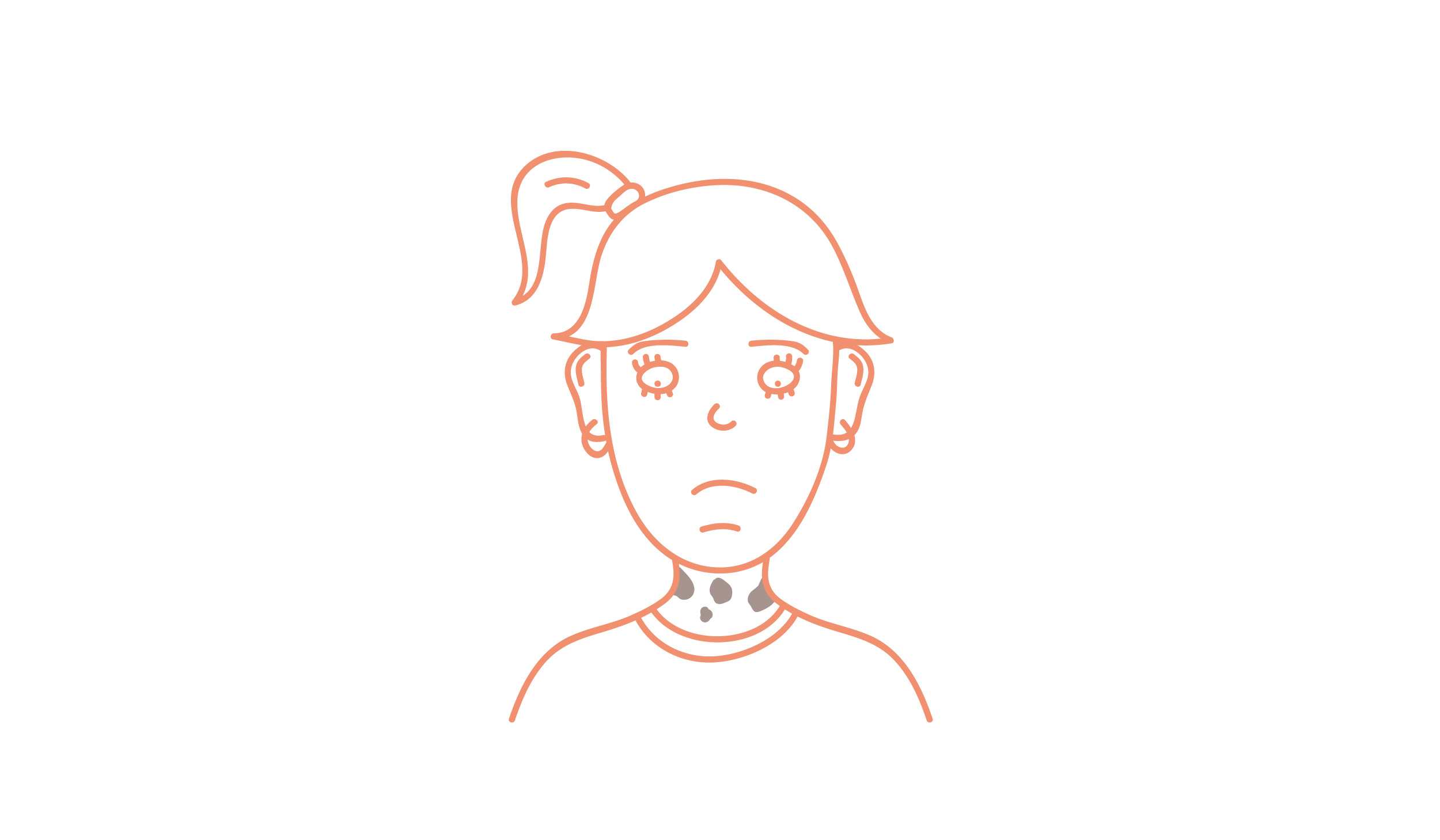
-
5. Weight gain

-
6. Periods that are infrequent, irregular or heavy

-
Getting diagnosed
With there being a wide range of potential PCOS symptoms, many subtle, the condition is often hard to diagnose. Recently, Monash University Professor Helena Teede led a team of Australian-led researchers and released world-first guidelines for the diagnosis and treatment of PCOS. The guidelines identified major gaps in the diagnosis process for those with living with the disorder.
-
It is hoped these new guidelines will help doctors better understand and identify PCOS symptoms in patients, as well as assist them in making lifestyle changes to manage the condition.
It’s important to note that while women diagnosed with PCOS may experience some difficulties in getting pregnant, PCOS is not a complete barrier to motherhood, with lifestyle modifications and medical treatments available to assist with improved fertility. As many as 60% of women with PCOS conceive without the need for medical intervention.
Managing symptoms long-term
As women with PCOS are also more likely to have or develop chronic conditions such as diabetes, heart disease and high cholesterol, a healthy lifestyle is extremely important to help manage symptoms long-term. Healthy lifestyle modifications for PCOS include:
- A healthy diet: A diet rich in fresh vegetables, fruits, lean protein and low GI carbohydrates is recommended for women with PCOS.
- Increase physical activity: For women living with PCOS, at least 150 minutes of exercise a week is recommended to help improve symptoms. This should include at least 90 minutes of moderate to high intensity aerobic exercise, such as jogging or lap swimming.
- Weight loss: Research has shown a reduction in weight of just 5-10% can have significant benefits for women with PCOS, including a more regular cycle, improved mood and fertility.
There are also medical treatment options available for women with PCOS. The oral contraceptive pill is available for women suffering from irregular or heavy periods to regulate their cycle, and to reduce excess hair growth and acne. Hormone blocking medication that reduces abnormally high levels of testosterone are also available. If you are living with or think you may have PCOS, visit your GP to discuss your symptoms and a management plan.
If you’re a Medibank member with hospital cover, you can call the 24/7 Health Advice Line on 1800 644 325 to speak to a Medibank nurse. Our experienced nurses can answer any questions you have about your condition and managing your health in general. OSHC members can contact the Student Health and Support Line on 1800 887 283.
-
Coffee: How much is too much?
Caffeine can have a range of short & longterm health effects
-
Should you go to the doctor, or the hospital emergency department?
Should you go to the doctor, or the emergency department?
-
Preparing for your child's hospital stay
What to organise before your child's surgery
-
Questions to ask your child’s healthcare team
Important things to ask before surgery
-
Caring for your child after grommet surgery
Tips for a smooth recovery
-
Caring for your child after an adenoidectomy
Tips for a smooth recovery
Subscribe to receive the best from Live Better every week. Healthy recipes, exercise tips and activities, offers and promotions – everything to help you eat, move and feel better.
By clicking sign up I understand and agree to Medibank's privacy policy





